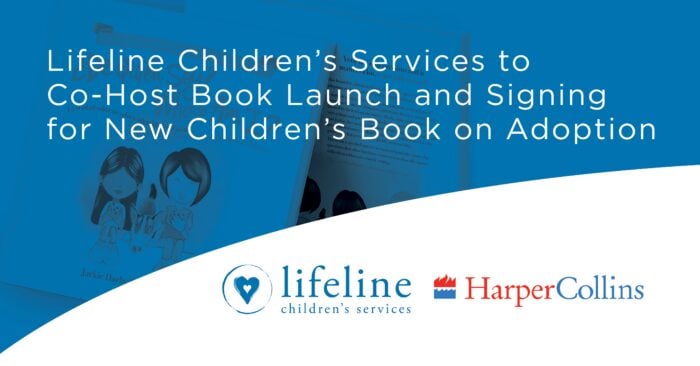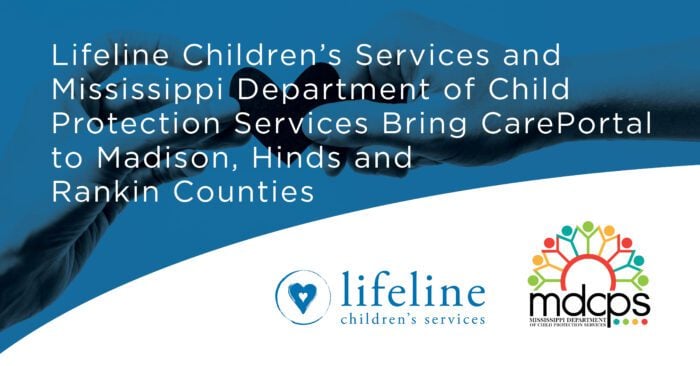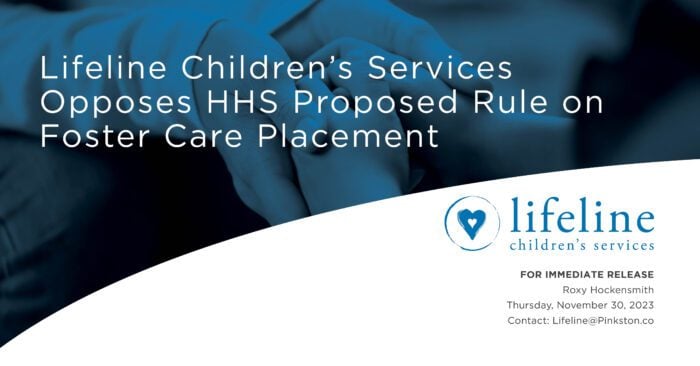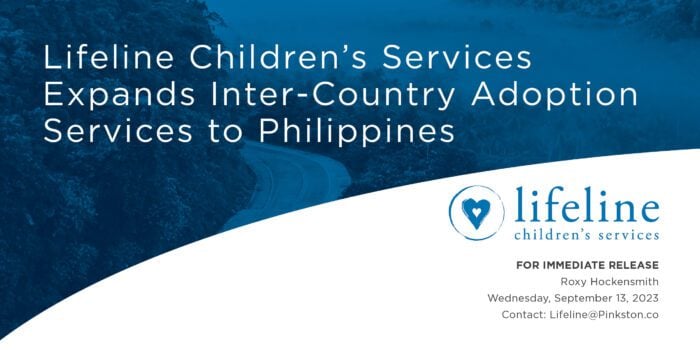Before my husband and I adopted our ten-year-old daughter from foster care, we felt we were equipped and prepared to parent her.
After all, we had already raised three children who had turned out well. We both had experience working in an adoption agency with vulnerable children and adoptive families. We both had a heart and passion for the orphan. We were a “wrap-around family” that encouraged other adoptive families. We both loved Jesus Christ and embraced the doctrine of adoption understanding its significance and beauty.
Cheyenne came into our life in 2010, and our family life has never been the same.
She has stretched us all in ways beyond imagination and been the means God has used to bring much joy, affliction, spiritual growth and just plain craziness into our family. We were a quiet peaceful Christian home schooling family of five. God shook our world when He opened the door to adoption and in walked Cheyenne.
Chey had spent ten years in foster care. She experienced significant abuse, neglect and trauma. As a result she was cognitively, emotionally and socially delayed. Because of Cheyenne’s negative behaviors she was removed from 11 different foster homes. She had not spent one year in the same school. She was a chronic eloper. We thought within a few months we could heal her wounds with love, patience and prayer. She needed a family. She needed permanency, and we could give her that.
We thought, “Hey, we got this.”
I love horses. I am a pretty good rider. Most people who have had the pleasure of riding a good horse enjoy horseback riding. If a horse has been trained well, just about anyone with even limited experience can ride them and do okay. They may feel, “Hey! I’ve got this!” But imagine bringing a horse out of the barn that has experienced abuse, neglect and trauma. What if the horse also has sensory and fear issues? Put the same rider on this wide-eyed, hyper-vigilant horse with a quick trigger for a fight, flight or freeze response. How do you think it will go? Of course, the rider ends up on the ground catching his breath.
The horse with the sensory and fear issues was like our daughter. And, though I was a pretty good rider, I was not experienced enough to connect with her. I did not have the insight or understanding to know how to build trust with her. The parenting methods that had always worked before backfired with Cheyenne. After two years of struggling to parent our adopted daughter, we saw little if any attachment. Cheyenne ran away 33 times and was hospitalized for her behaviors over and over. We were at a loss. All our parenting experience and knowledge of adoption was not enough. We went to at least a dozen counselors and therapists with Cheyenne without any improvements in her behaviors or in our attachment.
No one knew how to help us until we went to Lifeline and took the Crossings Training.
It changed our life.
During the training we learned how trauma affects a child. It affects everything! We learned how a child born in a “normal” or ideal world has vastly different experiences than a child born into a world like Cheyenne’s world. We were taught six risk factors: traumatic pregnancy, difficult birth, early hospitalization, abuse, neglect and trauma and how they affect the developing child. Because of these risk factors, children often experience significant cognitive, social and emotional delays. They also may have significant sensory and fear issues. This all spurs behaviors that we interpret as “bad” but are survival techniques that the child uses because they don’t know how to use their words.
This was so eye opening to me. God gave me insight through this training to understand WHY Cheyenne behaved like she did. I realized she ran because her fear response was so strong. We learned through this training how to help her feel safe. This was huge! We also learned how to correct her with a balance of structure and nurture always with the goal of connecting with her. We learned how to look into the face of our defiant child and see right past her behavior to her need. That was invaluable!
Cheyenne no longer runs away. She is really fun to be around and pleasant. Though she could not read when she came to us, she is now making honor roll in school. Her countenance is radiant.
What changed? We did.
Even though we felt we were very well equipped to parent Cheyenne in the beginning, we were not. We were the “pretty good rider” who was put on the highly sensitive, special needs horse and ended up on the ground. We needed to be equipped with the invaluable tools and insights that we gained in the Crossings training.
Because we changed in the way we connected with our daughter, she has blossomed in every way. Cheyenne still has her down days, but they are few and far between. She told me recently, “Mom, I want you to tell my story so that it can help other kids like me.”
Her story is this. Cheyenne has always been precious. Her parents just needed to learn how to connect with her.
If you are an adoptive family who is struggling in anyway with parenting your adopted child or you are considering adoption and feel “you got this,” take the Crossings Training that Lifeline offers. I say this as a parent who has been in your shoes, lingered there for two years, and came out the other side wiser.
Pepper Wooten, Adoptive Mom and Georgia Office Manager/Birth Mother Counselor
Visit our Monthly Focus Page HERE for ways to help families in need of support and education.




